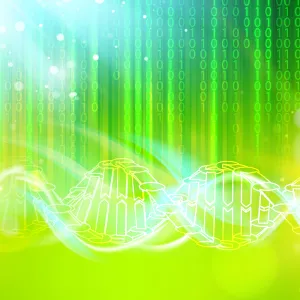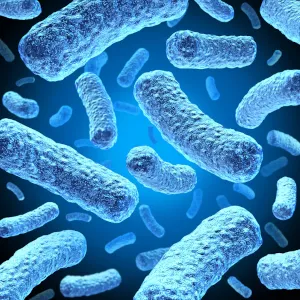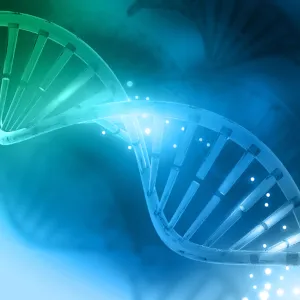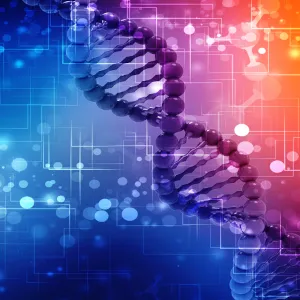Gene Complexity
Posted on: 21 January 2025 by Richard Worsley
Posted in: [Creation and World History] [Biology]
Gene Complexity Showcases Engineered Versitilty
In this video, Richard introduces a recent article by Jeffrey Tomkins about the complexity of the genetic code. Advances in molecular biology in recent years have gradually taken us further and further from the original simplistic view of Darwinian evolution. As we see the revealing of ever increasing complexity in biological systems, we cannot help but to see an ever increasing case for intelligent design.
Go to Post









